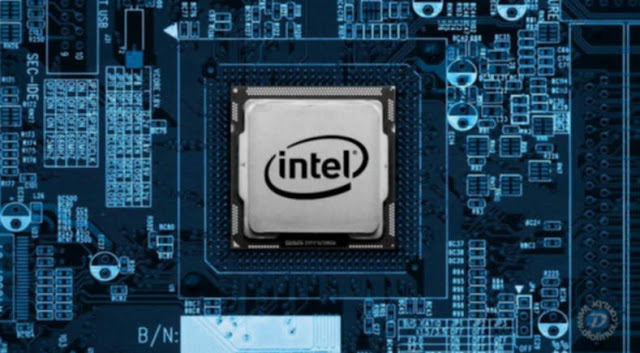Processor failure affects all operating systems and corrections may eventually reduce processor performance
The year has barely begun and Intel is already having security issues with its processors. Intel processors, both x86 and x64, manufactured in the last 10 years may have their performance greatly affected due to the need for a kernel upgrade of operating systems, be they Windows, macOS or Linux.

This type of problem is usually fixed via firmware update, but this time will not be enough. Developers of operating systems will have to make kernel changes to avoid failure and this could end up reducing Intel processor performance by up to 30%, varying by model.
The problem is not completely clear because until the time I write this article Intel has not spoken clearly about the case. What is known, then, is that this error affects how the operating system kernel handles CPU instructions, so that the kernel cannot properly manage access permissions, allowing attackers to have access to it. access to user space operating systems and gain access to passwords and sensitive information in many cases.
In addition to conventional desktop processors, the failure also affects server processors and cloud environments such as Amazon EC, Google Compute Engine, and Microsoft Azure.
On Linux the update to fix the glitch already available, so just keep your system up to date, so the update should come to you (if not already), for Windows, Microsoft should release the patch update next week, Apple seems to be working on the case too, but still There is no prediction of when the fix will be available to "apple" users.
With the upgrade, it is ideal that the kernel can no longer be accessed by any running process, which will consequently increase the processor effort to execute its processes, impacting performance, which may have different effects from CPU to CPU.
To achieve this developers need to completely separate kernel memory from the KPTI (Kernel Page Table Isolation). This update takes the kernel to a completely separate address, so it is invisible to a running process, preventing attacks.
AMD did not miss the trip and of course took the opportunity to point out that its processors are free of this failure.
_____________________________________________________________________________
See an error or would you like to add any suggestions to this article? Collaborate, click here.
